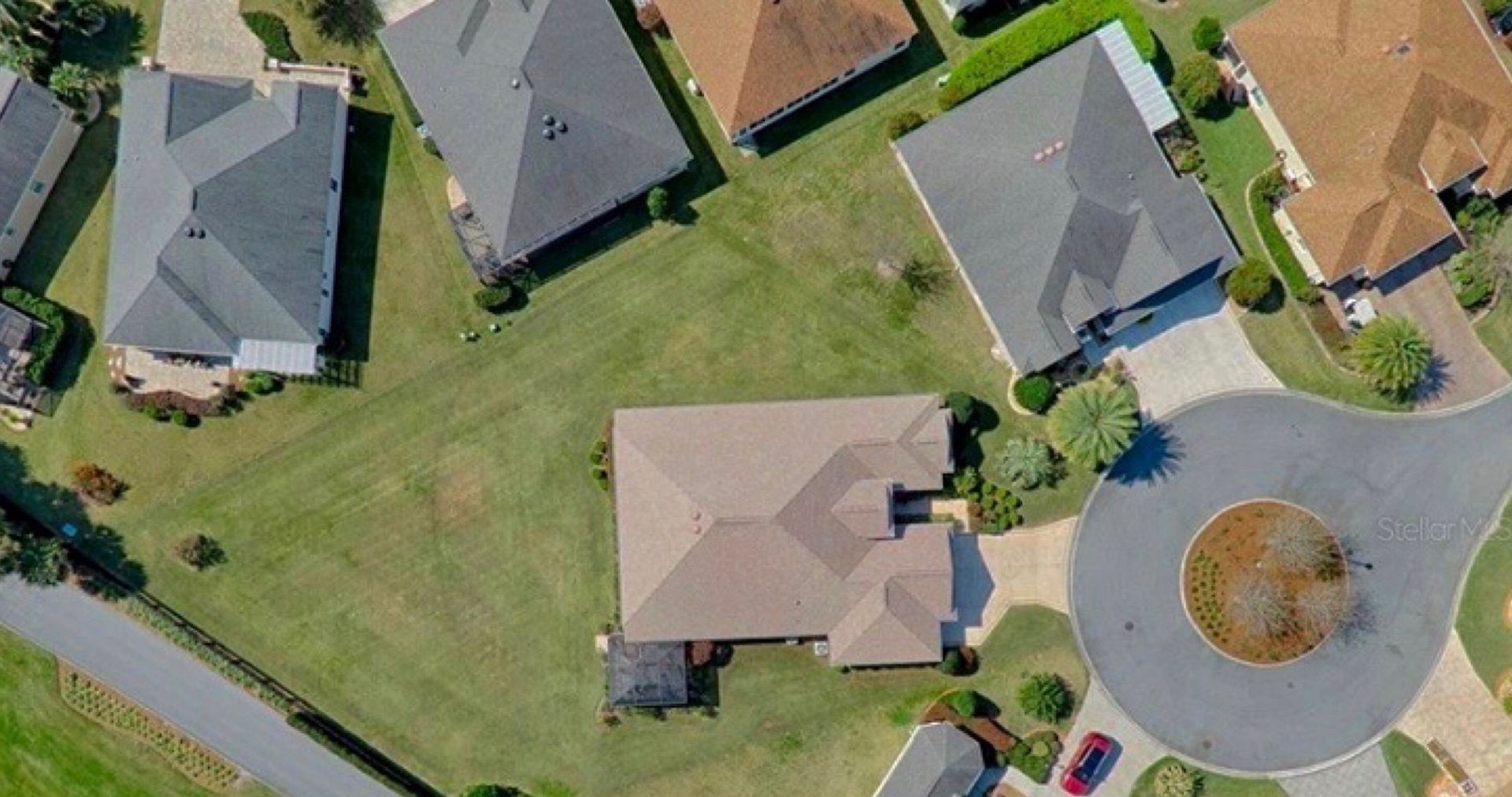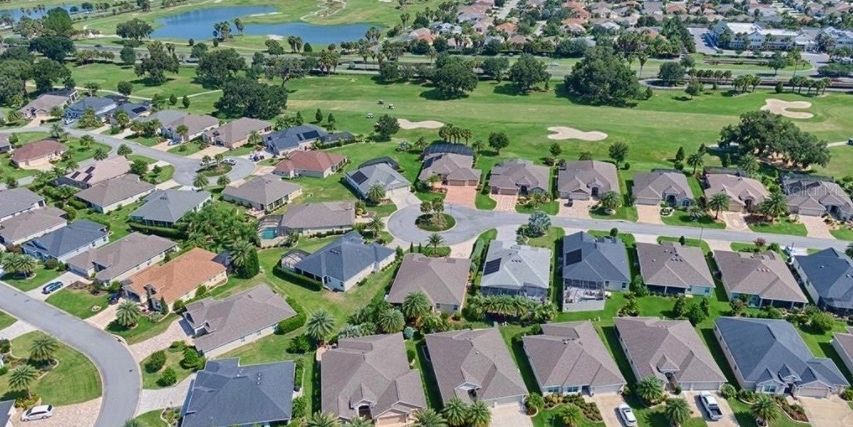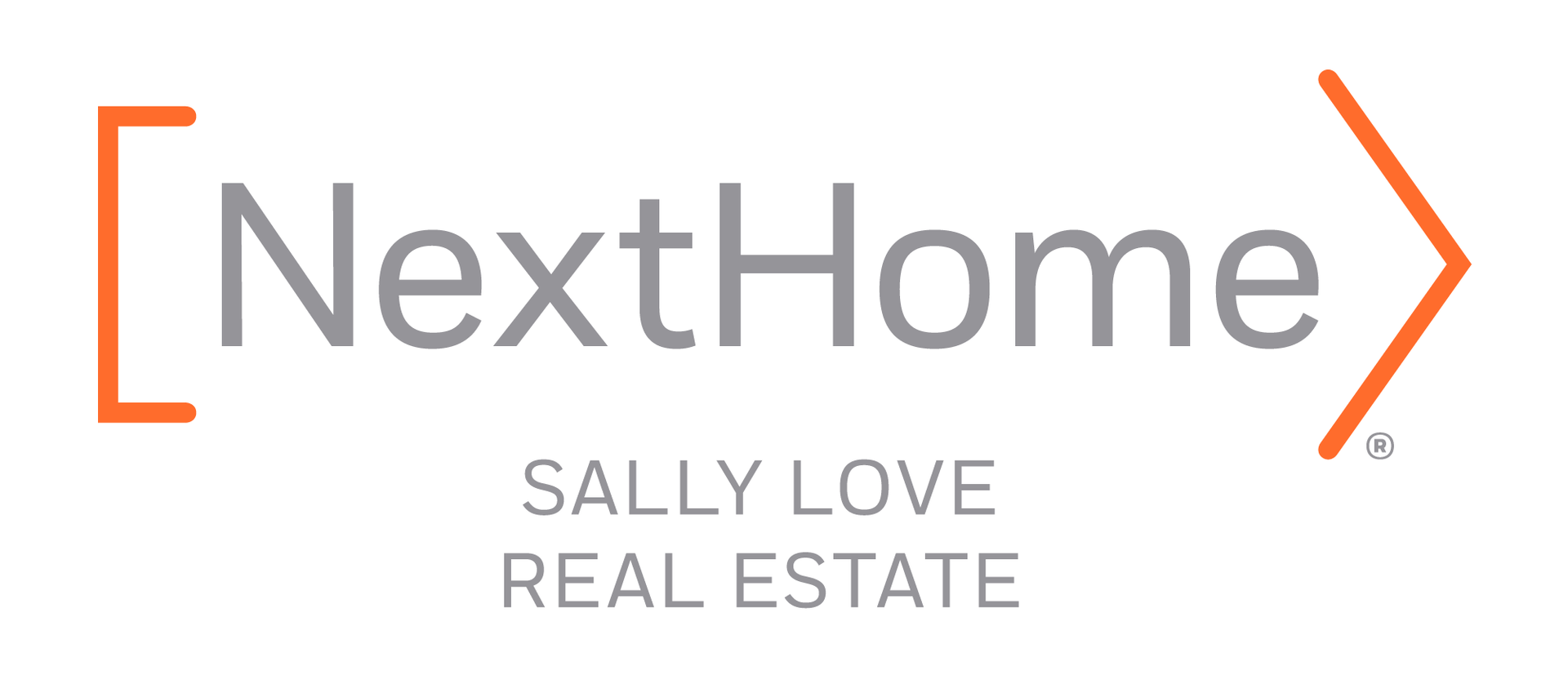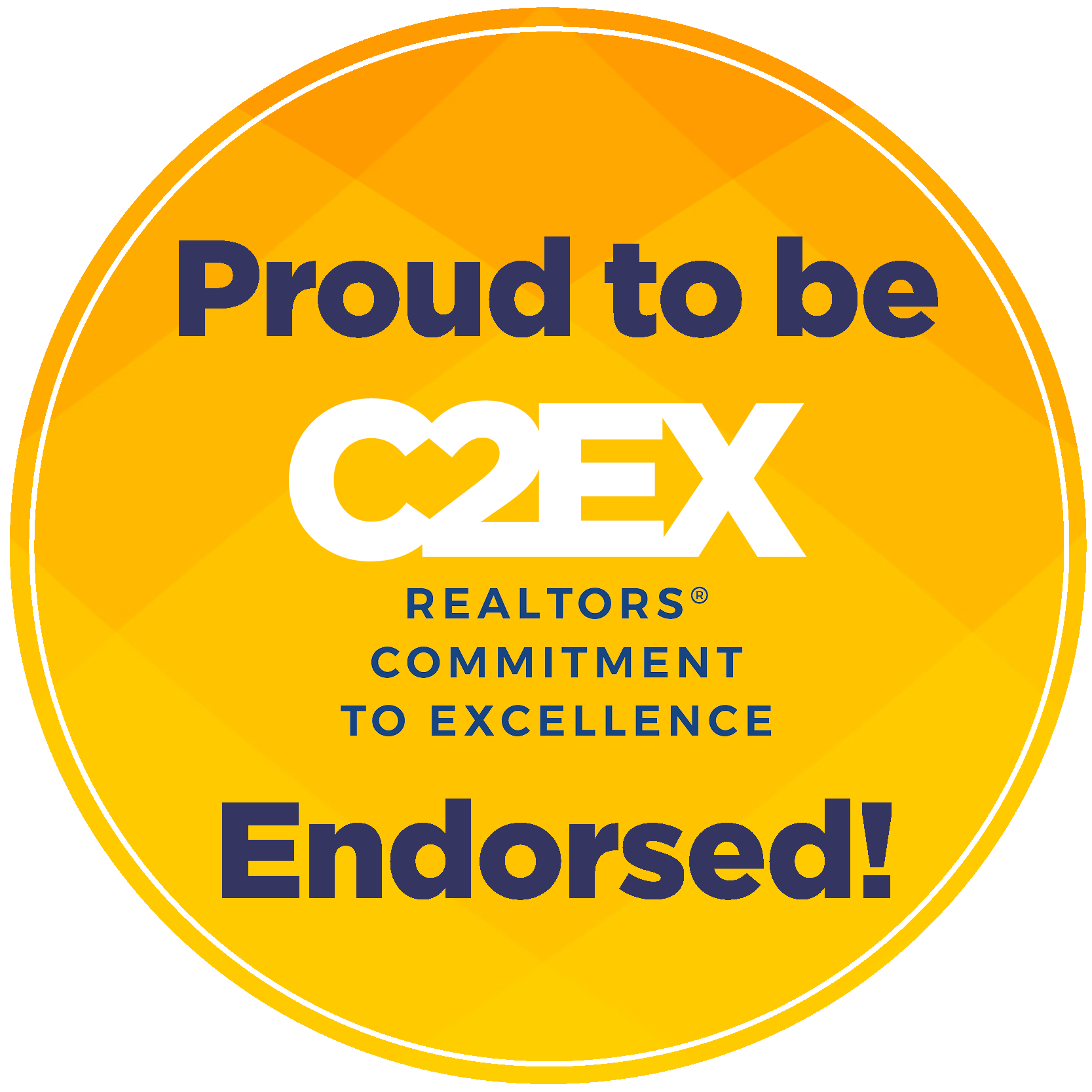CDD's and Bonds

What is a CDD and How Does it Affect Me?
You may or may not be familiar with this term, but when buying a home in Florida, especially in The Villages Community, it’s important that you fully understand what a CDD is and how it can affect your home buying experience. Community Development Districts, often called CDD’s, were established in 1980 by Florida's Uniform Community Development District Act, and provided a new mechanism for the financing and management of new communities.[1] CDD's are local special-purpose units of government that can enter into contracts, own property, adopt laws, rules and regulations, and can sue and be sued. CDD's are specific to Florida, and every village inside of The Villages, FL is a part of one of the 17 Community Development Districts that make up The Villages Community. If you're interested in purchasing a home in The Villages Community or anywhere in Florida, keep reading to learn more about what living in a Community Development District means.
CDD's have certain special powers relating to the provision of basic public improvements and community facilities, such as roads, bridges, and water management services. However, they are still subject to regulatory jurisdiction and are required to obtain necessary government approval for any activities or construction within the District. By law, CDD's do not have zoning, permitting, or comprehensive planning powers.[2] Their primary function is to issue tax-exempt municipal bonds to developers, which finance both the initial infrastructure (roads, water, sewer systems, parks, landscaping, conservation, street lighting, etc.) of new communities, as well as the cost of maintaining and improving these communities. These tax-exempt municipal bonds are then paid back to the developer by the homeowners in a CDD, through a tax bill that is added into their mortgage payments. We’ll learn more about the costs associated with living in a CDD later on. Before the establishment of CDD's, the local government was responsible for financing the roads and utilities in a community, while the developer was responsible for financing all other infrastructure costs associated with the community. CDD's made it so the entire cost of the infrastructure is paid for by homeowners, so that they can enjoy all of the amenities of their community without having to wait for anything to be financed.
CDD’s are governed by a board of five supervisors that are elected by the landowners of each community, and public hearings are held on all CDD assessments.[3] CDD's are also subject to "Sunshine" laws, meaning that all of their meetings and records are open to anyone in the public, regardless of whether or not they live in a CDD.[4]

The Cost of Living in a CDD and How Bonds are Involved
In The Villages, Florida, property owners within the numbered CDD's are subject to a non-ad valorem assessment, which is a special fee or service charge that is not based on the value of the property. The assessment appears on their annual property tax bill from the county tax collector and consists of two different parts. The first part is an annual assessment for operations and maintenance, which can fluctuate up and down from year to year based on the budget adopted for that fiscal year. This fee will be required of all property owners in a CDD every year that they live there, no matter what. The second part is an annual capital assessment to repay bonds sold by the CDD to finance community infrastructure and facilities.[5] Annual capital assessments are generally fixed for the term of the bonds, and can be paid for during a period typically ranging from 10 to 30 years. Homeowners in a CDD also have the option to pay off their bond in full before their fixed repayment term is up. Once this bond is paid off in full, the homeowner will only be responsible for the annual operations and maintenance portion of their annual assessment.
It is important to note that when selling a home in a CDD, the cost of infrastructure is almost always passed on to the buyer, either in the form of a higher asking price for a home, or in the form of higher annual fees.[6] So if a homeowner in a CDD sells their house before the entire bond obligation of their property is paid off in full, the new owner becomes responsible for the remaining balance. However, if a homeowner in a CDD sells their house after their entire bond obligation has been paid off, the buyer will not be responsible for the annual bond assessment, but the cost of the home for the new buyer may be significantly higher than if the bond wasn’t paid off. Some potential buyers may not qualify for the amount of mortgage required to buy a home with a higher selling price, and would instead benefit from being able to pay the bond assessment over a period of 10 to 30 years. When considering purchasing a home in a CDD, it’s important that you understand the difference between a home with a lower asking price and an annual capital bond assessment, and a home with a higher asking price and no annual capital bond assessment.
The exact cost associated with each CDD inside of The Villages Community varies from village to village, as do the specific amenities offered within each one. To find out specific information about the costs and amenities of a CDD in The Villages, Florida, contact The Villages Community Development District directly.

The Difference Between a CDD and an HOA
You might notice that a CDD is pretty similar to an HOA, however they do have some noteworthy differences. A Community Development District is a special purpose form of local government described as an “independent special taxing district” and as such is “public”. However, a homeowners association is a “not for profit corporation” which is made up of “members”, or homeowners, within a specific geographic boundary and is considered “private”.[7] An HOA is essentially a private corporation, while a CDD is a local unit of government that is open to the public.
Another notable difference between a CDD and an HOA is what their main responsibilities are in their communities. A CDD's responsibilities include the creation, financing, and maintenance of the community infrastructure, which includes common grounds, landscaping, ponds, lakes, clubhouses, recreation facilities, gates, walls, and entry features. An HOA's responsibilities include the implementation of the association's governing documents, specifically individual lot related issues like deed restriction enforcement, architectural control, and environmental control.[8] HOA's have strict rules and regulations that they enforce on their members, such as fence type, house color, and even pet restrictions. Members of an HOA can expect to be fined or to have their community facility privileges suspended if they don't abide by the rules. CDD's are instead more concerned with infrastructure planning and the upkeep and maintenance of their community. Both CDD's and HOA's aim to increase the value of their properties and to make sure their neighborhoods stay well maintained and attractive.
The way CDD’s collect their fees is also different from the way HOA’s collect theirs. Homeowners in a CDD are assessed through their annual property tax bill in the form of a non-ad valorem assessment, while home owners in an HOA receive annual, quarterly, or monthly statements from the association, which aren't incorporated into their tax bills. CDD fees are also tax deductible, while HOA fees are not. Homeowners might be attracted to a CDD as opposed to an HOA because homes within a CDD are typically less expensive than homes in an HOA, due to deferred infrastructure costs. It is also possible for a home to be in both a CDD and an HOA simultaneously, and homeowners in these communities must abide by all the rules and regulations in place for both organizations.

The Benefits of Living in a CDD
Living in a CDD has many advantages, but there are three major benefits that residents can expect to receive. First, the CDD provides property owners with consistently high levels of public facilities and services that are managed and financed through self-imposed fees and assessments. Second, the CDD ensures that these community development facilities and services will be completed concurrently with other parts of the development. Third, CDD landowners and electors choose the Board of Supervisors, which is able to determine the type, quality and expense of CDD facilities and services.[9]
Because of the way CDD's are set up, services and amenities are usually available to residents early on in the development of the community, meaning they don’t have to wait for construction or repairs to be financed to be completed. The developer received all of the money needed to build the amenities, facilities, and enjoyable features of the CDD at the start of the building process, so when residents move into the community, most of it is already built and ready to enjoy. Homeowners in a CDD also benefit from living in a well-kept and attractive community with various recreational amenities that they wouldn't have access to if they lived in a non-CDD neighborhood. In The Villages Community, residents living in a CDD have access to publicly-owned amenities such as:
- Recreation centers, executive golf courses, public safety, community watch, gate houses in each village
- Off-site road improvements, streets, sidewalks, street signs and street lighting
- Water facilities, sewer facilities, and main line irrigation
- Landscaping and entry features[10]
Homes located within a CDD also typically experience a higher increase in value over time, compared to similar homes located outside a CDD. The CDD provides perpetual maintenance of the environmental conservation areas, and manages the standards of quality that are set by residents and property owners. This consistent and quality-controlled method of management helps protect the long term property values in the community.[11] You are able to buy your home in good faith knowing that your neighbors and the people in your community are held to high standards and the value of your house wont decrease because of a poorly maintained house next to yours. It is also easier to sell your home when you live in a CDD because of the amenities offered there, as well as the guidelines in place that make sure the community is well taken care of.
Hopefully you have a better understanding about Community Development Districts and the rules, regulations, benefits, and costs that are involved with them. They provide homeowners with an attractive and well maintained community along with amenities that suit their lifestyle. Now that you have all of that information, you’ll be able to make an informed decision about whether or not a CDD is right for you.
- “Community Development District.” Wikipedia. Wikimedia Foundation, December 10, 2019. https://en.wikipedia.org/wiki/Community_development_district.
- "Jill Burns, District Manager.” LUCERNE PARK. LUCERNE PARK, September 5, 2019. https://lucerneparkcdd.com/faq
- Community Development Districts.” Community Development Districts. Accessed April 30, 2020. https://www.districtgov.org/faq.aspx.
- Poliakoff, Ryan. “Poliakoff: Community Development District Offers Different Advantages and Disadvantages to an HOA.” Florida Today. Florida Today, May 6, 2019. https://www.floridatoday.com/story/money/2019/05/06/how-hoa-and-cdd-community-development-district-differ-homeowners/3644586002/.
- “Community Development Districts.” Community Development Districts. Accessed April 30, 2020. https://www.districtgov.org/faq.aspx.
- Nelson, Jason. “What Are CDD Fees?: North Florida Mortgage.” North Florida Mortgage What are CDD fees Comments, October 26, 2016. https://nflmortgage.com/what-are-cdd-fees/.
- “CDD vs HOA - Florida Family Real Estate: Brian Walek.” Florida Family Real Estate | Brian Walek. Accessed April 30, 2020. https://www.floridafamilyrealestate.com/cdd-vs-hoa/.
- “HOA vs. CDD.” Basset Creek HOA. Accessed April 30, 2020. https://www.bassetcreekhoa.com/hoa-vs-cdd.
- “Community Development Districts – What You Should KNOW!” CFM Community Development District | CFM CDD, August 28, 2019. www.cfmcdd.org/questions/#:~:text=First%2C%20the%20CDD%20provides%20landowners,other%20parts%20of%20the%20development.
- “Community Development Districts.” Community Development Districts. Accessed April 30, 2020. https://www.districtgov.org/faq.aspx.
- “Community Development Districts – What You Should KNOW!” CFM Community Development District | CFM CDD, August 28, 2019. www.cfmcdd.org/questions/#:~:text=First%2C%20the%20CDD%20provides%20landowners,other%20parts%20of%20the%20development.
BROWSE
ABOUT

Each NextHome office is independently owned and operated.
We are committed to providing an accessible website. If you have difficulty accessing content, have difficulty viewing a file on the website, notice any accessibility problems or should you require assistance in navigating our website, please contact us.
All Rights Reserved | Website Powered by Get.realtor.
All Rights Reserved | Website Powered by National Association of REALTORS®




